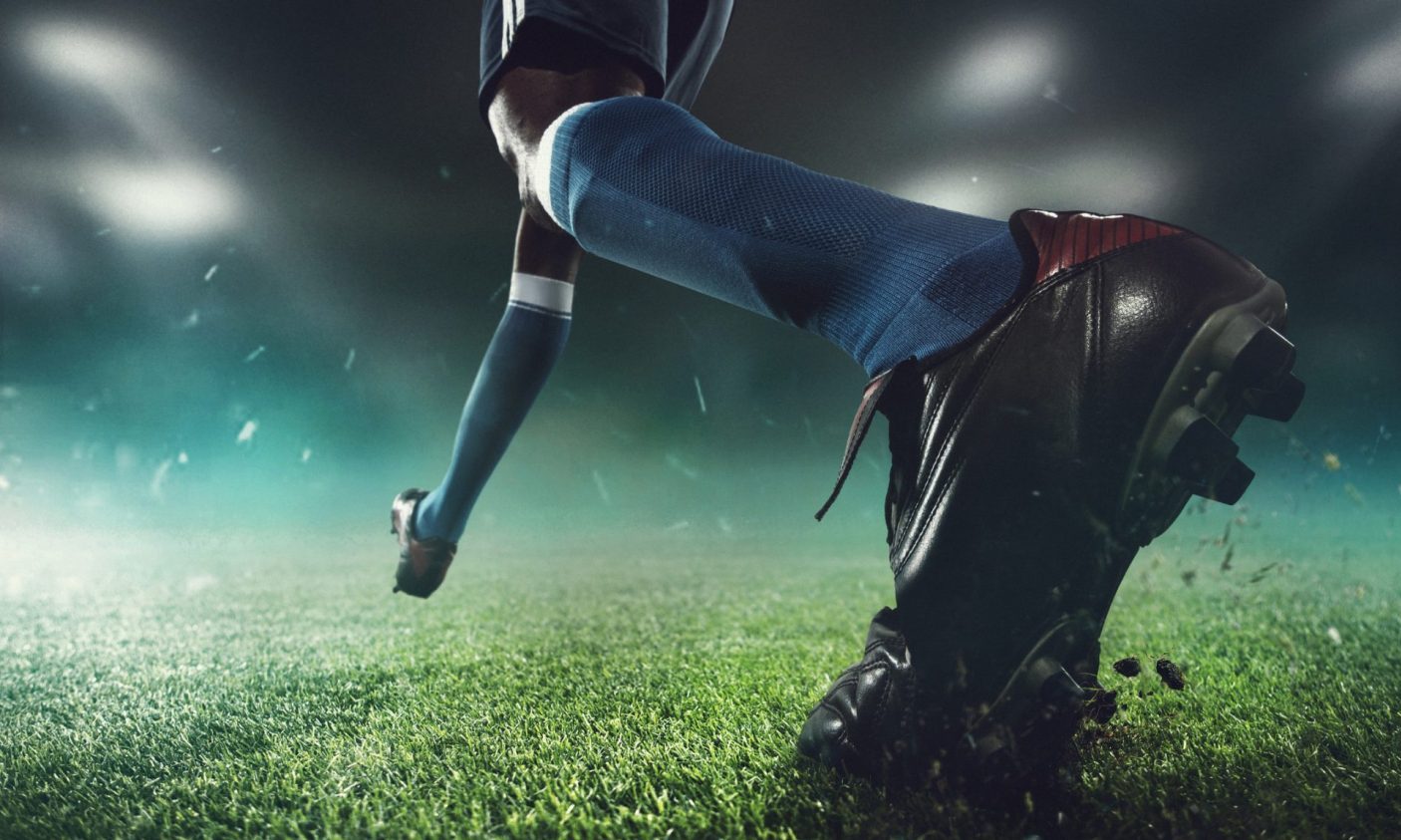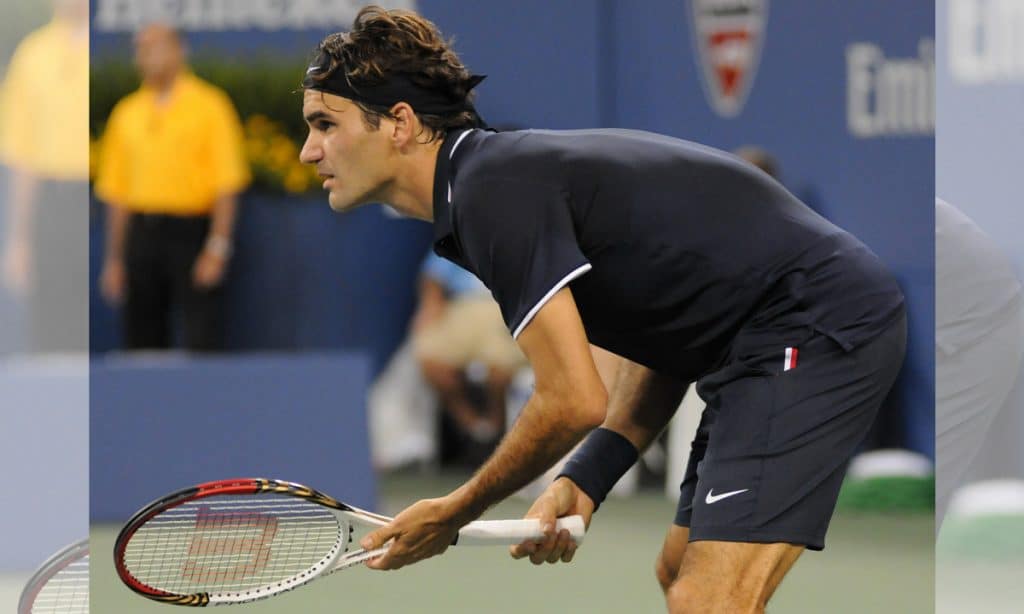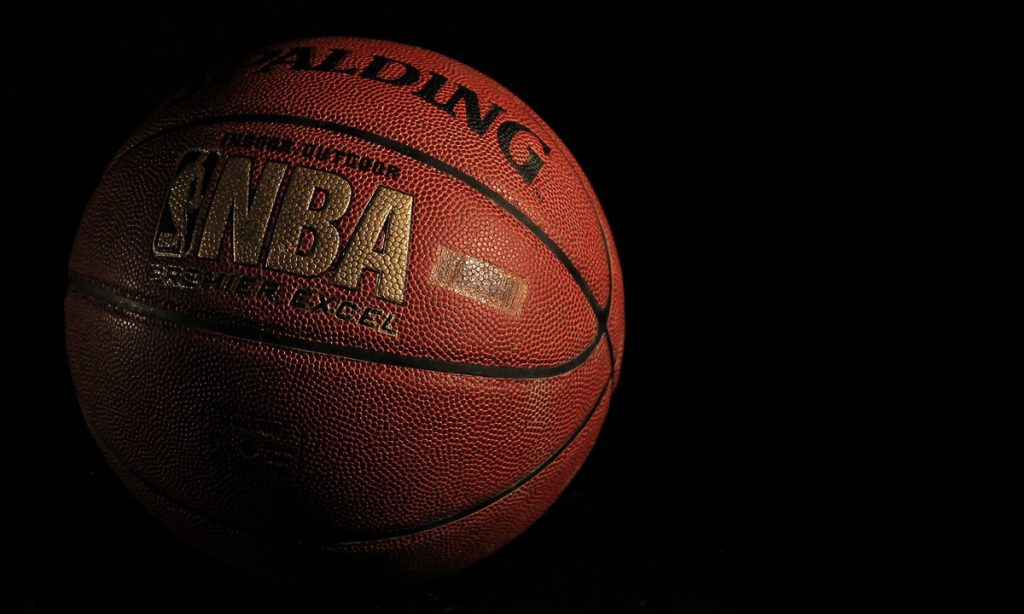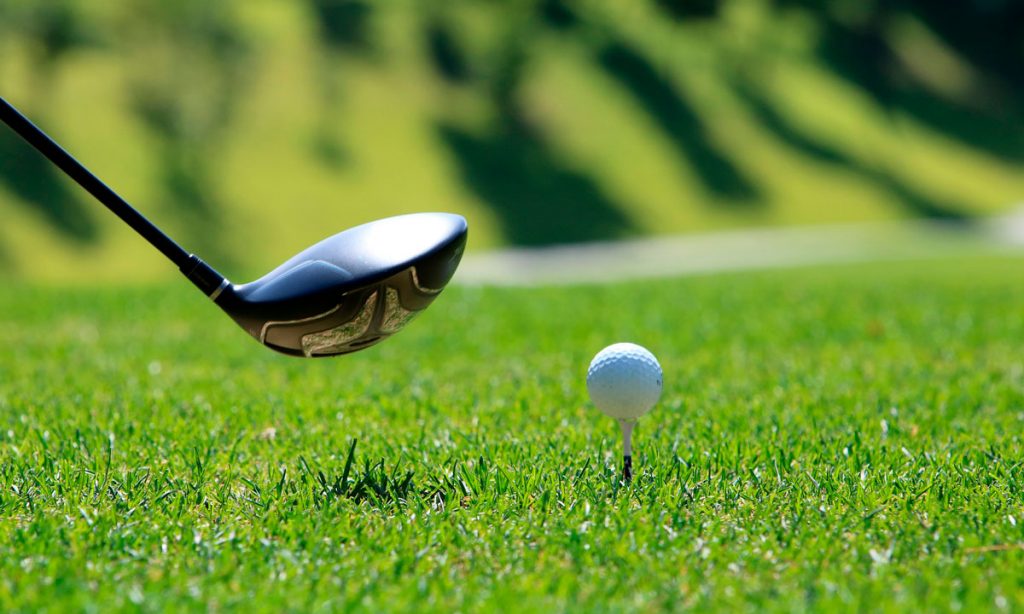
Sports Leagues and Cannabis Testing: A North American Survey
By Andrew Smith
On June 28, US sprinter Sha’Carri Richardson was suspended by the World Anti-Doping Agency (WADA) for a month for using cannabis, effectively banning her from participating in the Olympic Games. The suspension of a gold medal contender surprised many and sparked a worldwide debate about marijuana use by athletes. Many in the sports world were quick to help her, including Super Bowl MVP Patrick Mahomes of the Kansas City Chiefs, who described the suspension as “ridiculous.”
WADA has three criteria for inclusion of a drug on the Prohibited Substance List: (1) it poses an actual or potential health risk to the athlete; (2) it has the potential to enhance or improve athletic performance; and (3) it violates the spirit of the sport.
Photo by Patrick Smith / Getty Images
According to a 2011 paper written by WADA scientists, marijuana meets all three criteria. First: “Athletes who smoke cannabis or spice in competition potentially endanger themselves and others due to increased risk-taking, slower reaction times and poor executive functions or decision-making”. Second, “based on current animal and human studies as well as interviews with athletes and information from practice, cannabis can be performance-enhancing for some athletes and sports.” Third: “The consumption of illegal drugs, which are harmful to health and can have performance-enhancing properties, corresponds not the model of the athlete for young people all over the world. “
The scientists’ reasoning met with considerable opposition, if not further questions. One of the reasons many people found Richardson’s suspension so shocking could be that cannabis is generally not considered a performance-enhancing drug. Furthermore, whether marijuana users are inherently bad role models for young people is incredibly subjective and should not be a reason to exclude an otherwise sincere citizen from Olympic competition.
RELATED: Sha’Carri Richardson: World Anti-Doping Agency Claims The US Has Consistently Pushed For Cannabis Ban, Anyone Surprised?
As more states passed laws to decriminalize marijuana use, the major professional sports leagues in North America have fundamentally changed their own marijuana policies. How these changes came about is inconsistent: some organizations are updating their collective bargaining agreements (CBAs) with athletes, while others have just stopped enforcing their cannabis policies. We thought this blog post would be a good opportunity to interview the major North American sports federations and determine each individual’s current position on cannabis testing guidelines (if any).

International tennis association
While smoking marijuana and all forms of THC is banned from competition, the ITF has stated that CBD is allowed.
Major League Baseball
The MLB removed cannabis from its “drugs of abuse” list in 2019, and now the league doesn’t even test for marijuana anymore.
Major League Soccer
The Major League Soccer policy just states that all substances banned by WADA are banned from the league, and FIFA has the same policy.
NASCAR
NASCAR tests and disqualifies drivers for using marijuana.
national basketball federation
The NBA’s policy still includes fines and then bans for players who repeatedly use marijuana, but some progress has been made. Last year when the league moved to its bubble format in Orlando, the league stopped its random marijuana testing. The league has not resumed any random testing since then. An NBA spokesman mentioned that there are no immediate plans to reintroduce random marijuana testing to focus drug testing on “performance enhancing products and drugs of abuse.” There is optimism that the NBA will change its policies more permanently, as noted by Commissioner Adam Silver, who may be lagging behind on his marijuana policy.

National soccer league
The NFL has stopped suspending players for using marijuana. All positive marijuana tests are treated on a case-by-case basis, but only if they occur during the first two weeks of training camp.
National Hockey League
The NHL has taken a fairly rash approach to marijuana. As long as a player is playing for a team in a state where marijuana use is legal, the NHL will not penalize players for using marijuana. The NHL is still testing their players, but only to identify players who need extra league help rather than punishing players.
National women’s soccer league
The NWSL has one of the most advanced marijuana policies in sport. The league allows cannabinoids like CBD to be used for pain management. The league even allows sponsorship from the cannabis industry, as Mendi, a CBD company founded by Megan Rapinoe’s sister Rachael, has partnered with two NWSL teams.
PGA tour
While CBD was removed from the USGA’s list of banned substances in 2018, golfers can still be banned from using marijuana. That was the case in 2019 when two golfers were banned after testing positive for marijuana. The suspensions have created challenges to the USGA’s marijuana policy.

Ultimate fighting championship
In January of this year, the UFC announced that it would no longer bother about positive THC tests until there was reason to believe that a fighter used it on purpose to improve their performance. All other natural cannabinoids have been removed from the UFC’s list of prohibited substances.
USA athletics
The guidelines USA Track and Field adheres to are from WADA and are explained above. While WADA bans the use of THC that Richardson used, it does not ban the use of CBD. However, following Richardson’s suspension, USA Track and Field has publicly stated that WADA’s policy on THC should be reassessed.
National Women’s Basketball Federation
The WNBA is still testing and penalizing cannabis use, according to its new CBA agreed in January 2020. The CBA also has a special marijuana program that players can volunteer to use if they conflict with the league’s guidelines.
World Boxing Association
There is no universal cannabis policy from the WBA as marijuana policy is generally left to the state sports commissions.
Richardson’s disqualification provides an excellent opportunity for sports organizations to evaluate their marijuana policies. As recently as Tuesday, the Nevada State Athletic Commission voted to eliminate disciplining fighters and boxers for marijuana use. While the sports world is currently focused on marijuana policy, Richardson’s suspension could also be an opportunity for the state and the United States as a whole to reassess marijuana laws.
It is time to really examine how and why cannabis users are punished in and out of sport.
This article originally appeared on the Canna Law Blog and was republished with permission.

Post a comment: